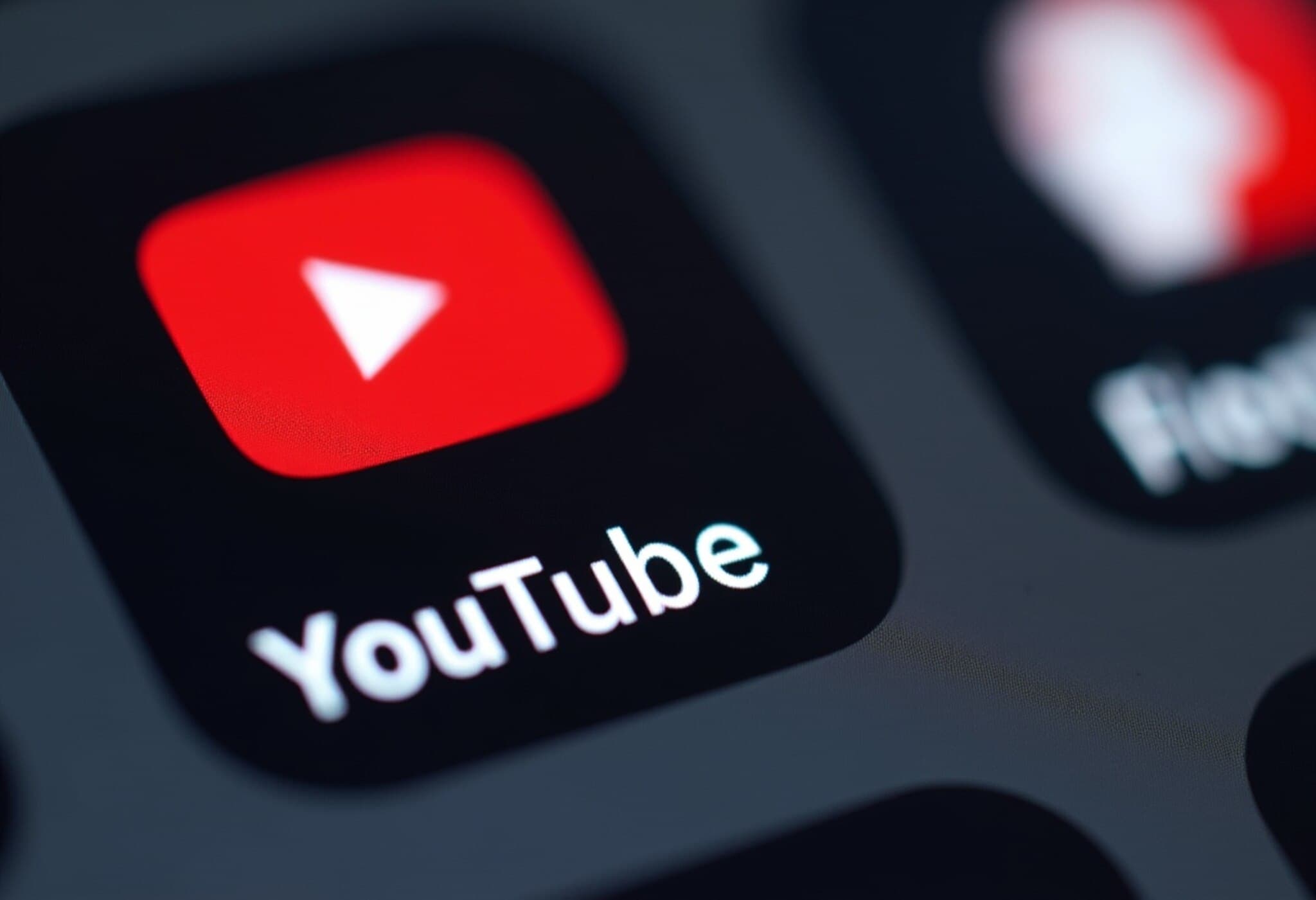GitHub CEO Thomas Dohmke Insists on Mandatory Platform Use for Employees
In a recent candid conversation on the Decoder podcast, Thomas Dohmke, CEO of GitHub, made it unequivocally clear that using GitHub’s platform is non-negotiable for every employee. "There is no world where I would allow employees to say, ‘Well, sorry, I don’t want to use GitHub.’ If that is the case, they can find employment elsewhere," Dohmke stressed.
This forceful stance highlights GitHub’s commitment to its own ecosystem, which currently hosts over 1 billion repositories and serves more than 150 million developers worldwide. Dohmke’s approach underlines that GitHub is not merely a workplace tool—it’s the beating heart of the company's culture and operations.
Embedding GitHub Across All Departments
Contrary to the common notion that software platforms cater solely to developers, Dohmke emphasized that everyone at GitHub—from engineers to HR professionals—must use the platform. This policy reinforces the idea that the platform is the connective tissue uniting every facet of the organization.
"It's a fundamental part of our company culture that everyone at GitHub uses GitHub," Dohmke explained. For those unwilling to embrace this ethos, he suggested there are plenty of tech companies where such rigidity doesn’t apply.
Growth Into an AI-Driven Developer Ecosystem
Under Dohmke’s leadership since taking over nearly four years ago, GitHub has transformed dramatically. No longer just a code-hosting service, it has evolved into a vibrant AI-driven development hub. Its flagship AI-powered tool, GitHub Copilot, now boasts over 20 million users and features groundbreaking capabilities such as conversational coding assistants, asynchronous agents, and even full-stack app generation.
Dohmke consistently framed GitHub as a developer ecosystem rather than just a product, spotlighting the company’s mission to empower developers globally through innovative tools and collaborative workflows.
Thomas Dohmke Steps Down, Heralding a Strategic Shift
In a surprising announcement, Thomas Dohmke revealed his decision to resign from the CEO role, marking a major turning point for GitHub. After shepherding the company through a period of unprecedented growth and innovation, Dohmke expressed a desire to rekindle his entrepreneurial spirit by returning to startup life.
His planned departure will take effect at the end of 2025, during which time he will assist in a smooth leadership transition. Dohmke reflected, "I leave with immense pride in having built a truly remote-first organization that thrives across the globe."
Perhaps most significantly, this leadership change coincides with Microsoft’s decision to fold GitHub directly into its new CoreAI team. As part of this integration, GitHub’s standalone CEO position will be eliminated and the platform will become a core component of Microsoft’s broader AI ambitions.
Implications for GitHub and the Developer Community
This transition raises critical questions about the future of GitHub’s autonomy and its evolving role within the wider Microsoft ecosystem. Some industry observers speculate that the integration could accelerate the infusion of AI across developer tools, but it may also blur the distinct identity GitHub has long cultivated.
From a workforce perspective, Dohmke’s insistence on universal platform use underscores the increasing expectation that employees must deeply engage with the digital tools their companies provide. This could spark broader discussions about workplace culture, technology adoption, and employee autonomy in the tech sector and beyond.
Expert Insight: The CEO’s Vision and Market Trends
GitHub’s story under Dohmke fits into a larger narrative about how tech companies are leveraging AI to redefine software development. Analysts point out that GitHub Copilot’s rapid adoption exemplifies a transformational shift in programming—augmented intelligence that boosts developer productivity and creativity.
Moreover, the integration with Microsoft’s CoreAI signals a strategic move to consolidate AI assets, which could position GitHub at the forefront of next-generation developer platforms. However, it will be vital for Microsoft to balance innovation with preserving the unique culture and community that have made GitHub indispensable to millions.
Looking Ahead
- Will GitHub maintain its developer-first ethos inside the larger Microsoft structure?
- How will mandatory platform use policies affect employee engagement and retention in a competitive tech labor market?
- What new AI innovations can developers expect as GitHub evolves under CoreAI?
Answers to these questions will shape both GitHub’s trajectory and the broader evolution of software development in the AI era.
Editor's Note
Thomas Dohmke’s tenure at GitHub reflects a deep passion for building an integrated developer ecosystem where commitment to the platform is a non-negotiable value. His departure and GitHub’s forthcoming absorption into Microsoft’s AI strategy mark pivotal moments that invite reflection on corporate culture, technological innovation, and the future of collaborative coding. As AI-driven tools redefine programming, the industry must ask how to balance technological advancement with human-centric workplace values.












